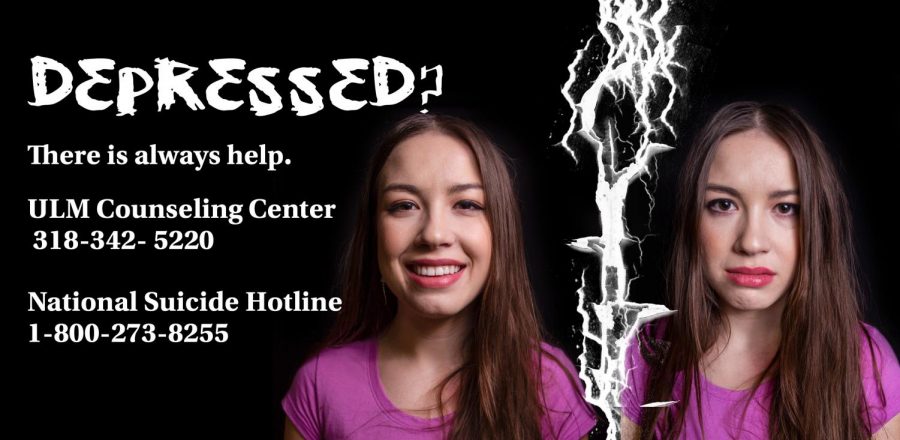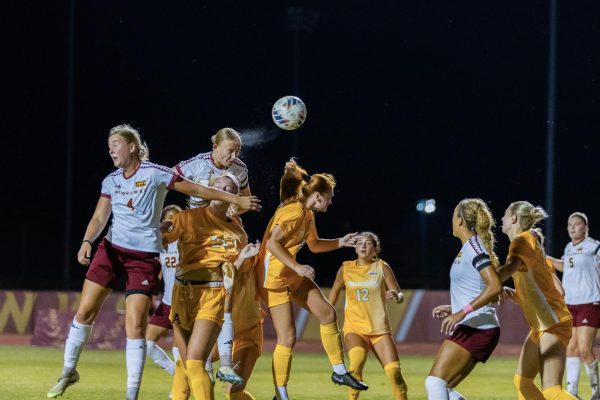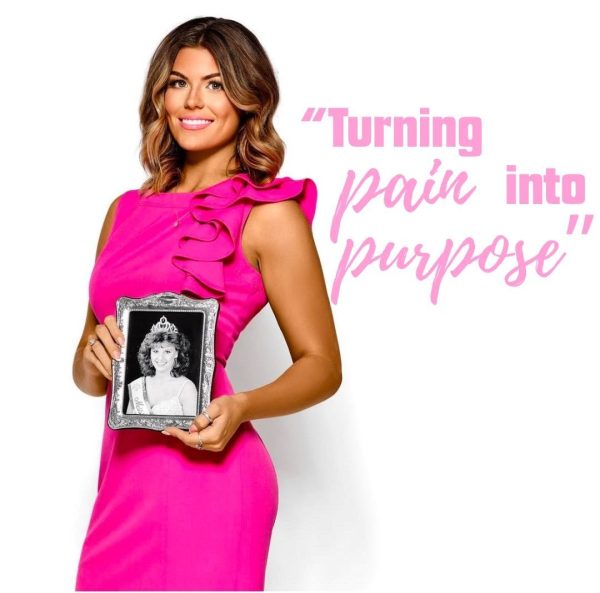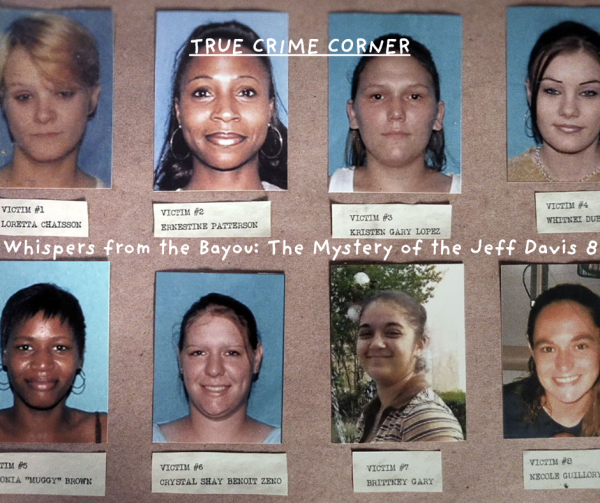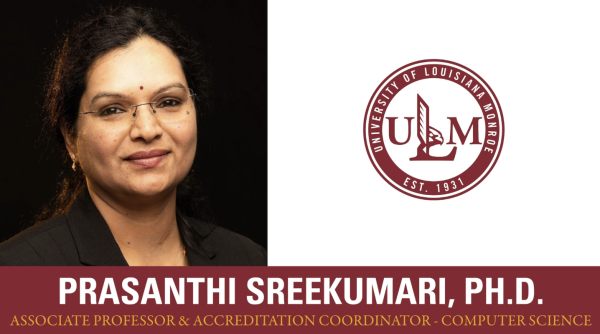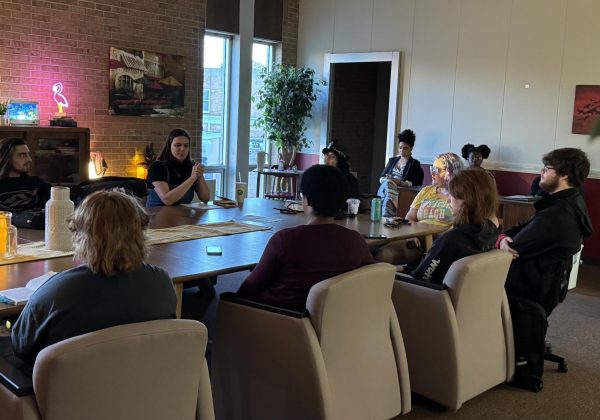ULM takes action against suicide
Cherie Mialaret, freshman communication major, is often the person her friends come to during times of need. Although she has always done her best, sometimes she finds it difficult to know how to properly care for them.
Now, Mialaret feels more prepared after attending ULM Counseling Center’s latest suicide awareness and prevention workshop last Thursday. Mialaret learned about resources and strategies to help people dealing with mental health issues like suicidal thoughts.
“A lot of my friends struggle with mental health disorders and I’m kind of the person they go to,” Mialaret said. “So, if any of them were going to take that jump, I would want to know what to do and how to help them.”
According to one of ULM’s counselors and the workshop’s host, Kim Storm, suicide is the second leading cause of death behind car accidents among college students in the U.S. That means one in 12 students have crafted suicide plans at some point during their college careers. Storm and ULM’s administration hopes to keep such a tragedy from happening to our student body.
Storm said that over the past 25 years, the emotional health of college students has declined “tremendously.” Every day, 12 people between the ages of 15 and 24 will commit suicide and Storm believes it is important to know how to prevent others and yourself from reaching that level of despair.
“We realize in this time of your life it’s stressful,” Storm said. “There’s a lot of changes happening and a lot of additional stress that you didn’t have before starting college, but the Counseling Center is there to help.”
Former ULM student, James Coker, is proof of these statistics.
Growing up, he dealt with suicidal thoughts of his own. He even fell into a deep depression and began using drugs which is a clear indicator of mental health issues, according to Storm. Coker also lost three of his friends to suicide.
“I felt like life had no meaning so I didn’t see the point in being alive,” Coker said.
In high school, freshman political science major, Blaine Warren, had a friend who self-harmed.
He would try to help her with faith-based advice, but it never worked because she didn’t share the same beliefs as him. Warren wishes he knew what he did now, because during the workshop Storm explained coping mechanisms that didn’t involve spirituality.
“I had a friend who would hurt herself a lot, but it was hard to get her to believe in what I believed in,” Warren said.
Storm advises students that if they or another student are experiencing suicidal thoughts, to contact the ULM Counseling Center for an appointment.
The Counseling Center’s services are free for students and confidential. However, if the person is in immediate danger call 911 first. The Counseling Center will be alerted if the incident happens on campus so just make sure the suicidal person is safe. Mental health care can come second in this situation.
ULM Counseling Center is not only a tool for suicidal students, it can be used for almost any type of help.
Whether a student is needing academic advice, time management tips, relationship tips or mental health care, their needs can be met at the Counseling Center.
“If you come to the Counseling Center with any kind of issue you are getting licensed mental health care,” Storm said. “So, anytime you feel like you need to talk to someone call and set up an appointment.”
There are many different coping mechanisms to deal with suicidal thoughts and the loss of people to suicide. The one that helped Coker overcome his struggles the most is turning to his religion.


